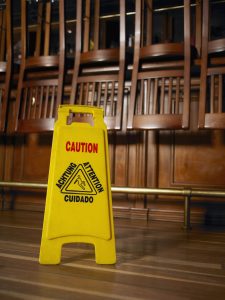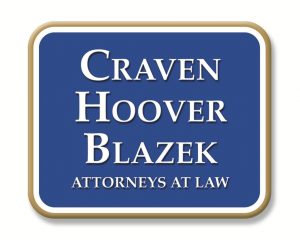
Premise Liability Claims 317-881-2700
Whether this type of accident occurs at a department store, retail store, small shop, restaurant, gym, cinema, or any other commercial property open to the public, it is either the business or victim’s fault. In a slip and fall case, the most complex part is proving that a store is liable for a person’s injuries. A personal injury attorney must present to the court proof that the store did not take proper precaution to prevent an accident from happening.
The opposing party, often times the store’s insurance adjuster, will undertake the burden of proving that it was the injured victim’s negligence that caused the accident to occur, and that the store took all necessary precautions. If it can be proven that the store was kept in an unsafe condition, causing the accident to take place, then the plaintiff may receive remuneration for their damages.
Reasons for Slip and Fall Accidents

Indianapolis Slip and Fall Lawyers 317-881-2700
Store’s Liability in Regards to Personal Injuries
A commercial store may or may not be responsible for a person’s slip and fall. Depending on the situation, different scenarios will eventually determine who is liable for such an accident. For example, if a store applies a floor wax improperly or uses a product that is much too slippery, this could be considered negligence on their part. On the other hand, a person could have been intoxicated while walking around a grocery store and trip over an isle display. This, of course, would be the fault of the victim. These are basic examples, but in real-life, the scenarios are not so cut and dry. There are generally many complicated and complex details that make it difficult to decide who the negligent party actually is and why. This is the reason why slip and fall victims require professional legal counsel from a licensed personal injury attorney. They retain the resources, experience, and knowledge to facilitate a successful slip and fall claim.
Craven, Hoover, and Blazek P.C.

Personal Injury Lawyers 317-881-2700
